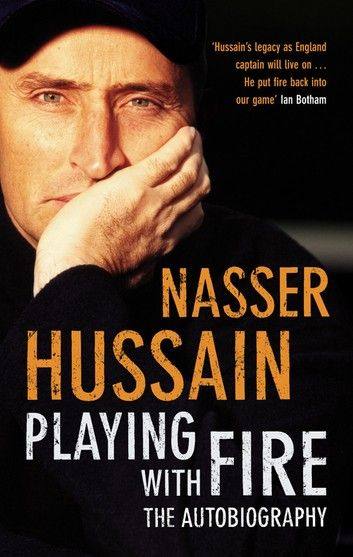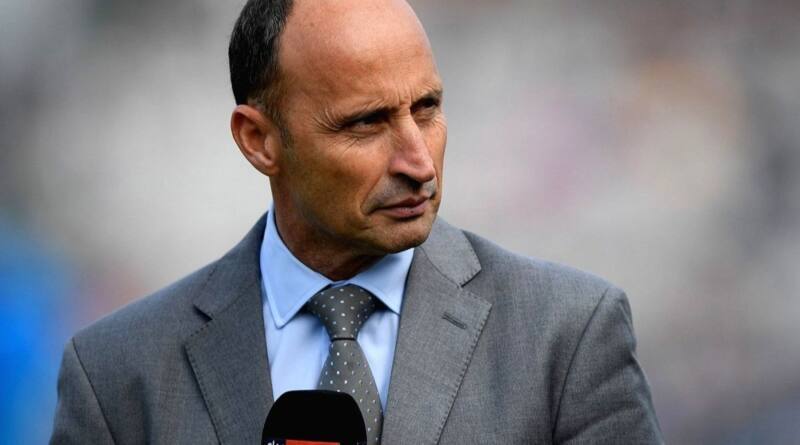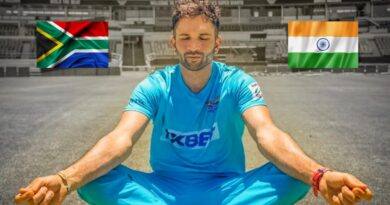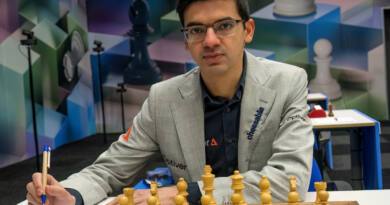The Best Cricket Export From India: Hussain Edge
The trials and tribulations faced by India-born England cricket captain Nasser Hussain would have troubled the toughest of men. Yet the England great had a cool head and an even cooler demeanour, which saw him outlive his legacy as a very good batsman.

Naseer, who was born in Chennai, has royal blood. Born of blue blood (Nassir’s father, Raza Javed Hussain, is from the lineage of the Nawab of Arcot), his mother, Shireen, is an English lady, as the Hussain family spent their early days in Chennai. As a youngster, Nassir had firsthand experience at Chepauk Stadium, where his elder brothers were regulars.

“I had cricket running in my blood since both my elder brothers were cricket players and frequented the Chepauk Stadium, which was close to our house. I was hooked on cricket at the age of 7. Initially, I was a bowler, and my brothers also helped me sharpen my skills,” he said.
Naseer’s Indian roots were cut short when his father decided to move to England to pursue greener pastures. His family settled down in Durham, where Nasser soon developed his skills as a batsman.
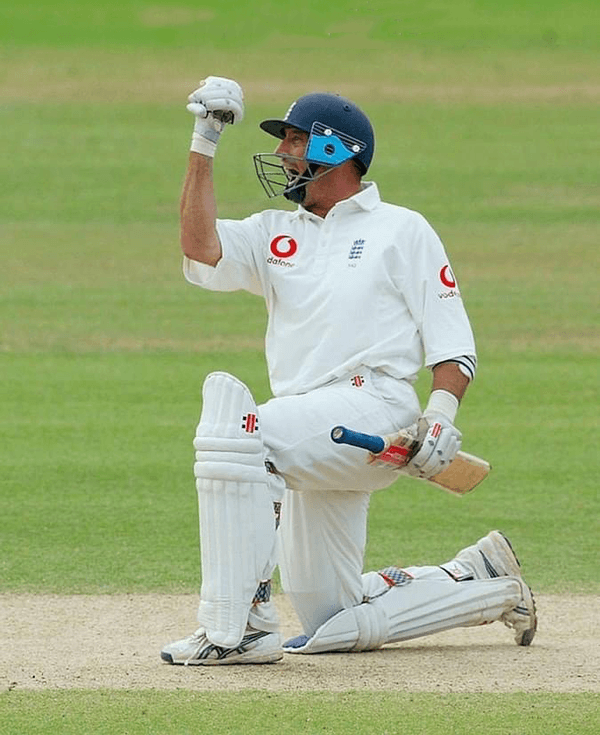
Around the time Nasser’s family settled down in England, there were a couple of very talented batting youngsters. They were Mike Arthurton and Grahame Thorpe, both of whom would go on to play for England. In fact, Arthurton would captain the England side for five years. The three of them were practicing mates and developed a close bond among themselves.
“Basically, myself, Arthurton, and Thorpe had a great sense of comradery and friendship. On the field, we were bitter rivals, but the best of friends outside it. We never carried our rivalry outside the cricket field,” says Nasser.

Just about the time. Nasser was trying to make his breakthrough into the junior England side when he was faced with resistance from a very unlikely source—his own father. Raza Javed was not yet fully convinced about his son’s batting prowess and felt that he needed to spend more time in training. This minor impediment delayed Nassir’s entry into the England team by at least three years.
But then, ever optimist that he is, Nasser has no regrets: “I have no regrets at all. After all, I managed to play for England, never mind the fact that it may have been delayed by two or three years, he said.

There was another problem that he was beseted with. He sustained a minor injury to the right arm just two days prior to England’s 1999 Test team selection. Any other cricketer would have skipped the trail, knowing the amount of risk he was taking. But not Nasser—he went ahead with the selection trials, defying even his doctor’s advice. As luck would have it, he scored a good knock, which allowed him entry into the England Test side.
Once in the England Test team. His initial performances were not satisfactory, which led to him being dropped frequently. But that did not deter Nasser, whose guts and gumption were of the highest order. Never the one to be disheartened, he kept on working harder and harder on his game until he became a regular in the England side.

Nasser’s golden period was between 1999 and 2003, when he captained England in 45 Tests. This was a phenomenally long time in which the England team became a world force in Test cricket. His shrewd captaincy has been the talk of the town, even during the tour to India.
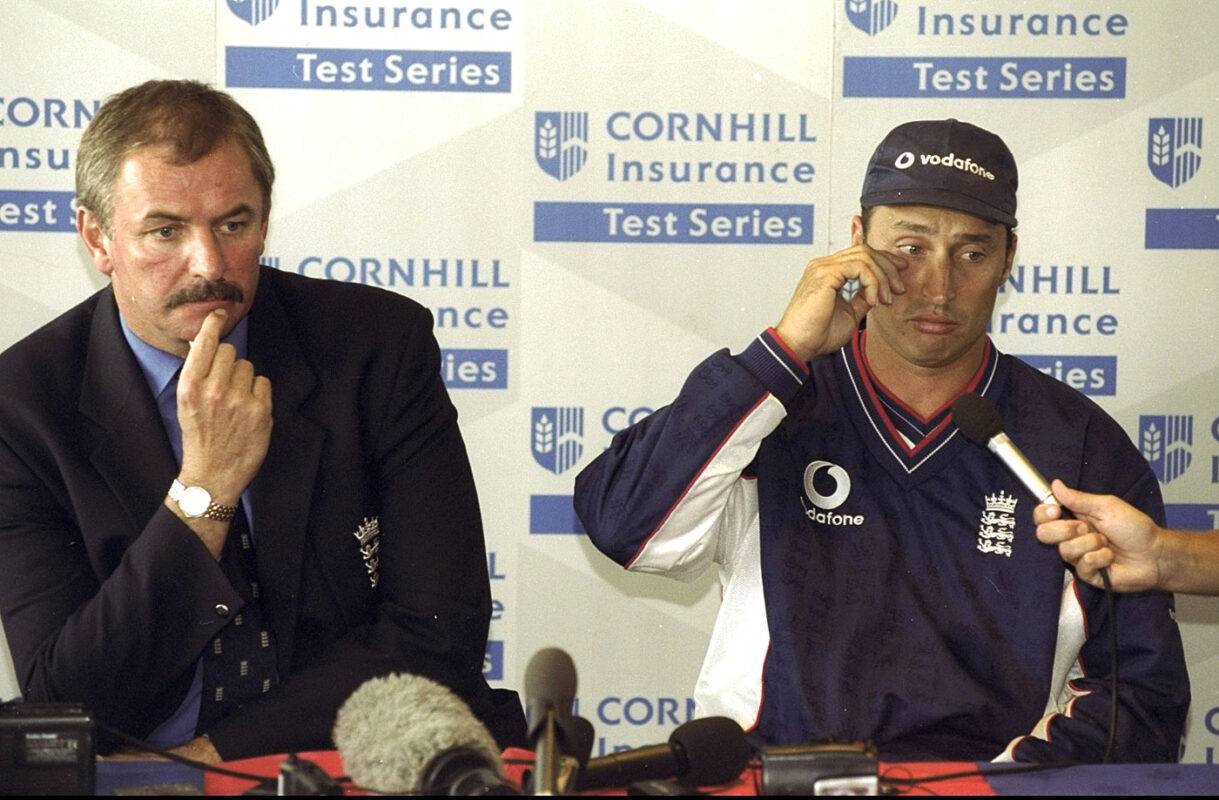
It was not just that Nasser was a good captain. He was an excellent batsman who scored 9,000 runs in both Tests and ODIs. He was a very good Test batsman, proof of which came in the 14 centuries—quite a task when one takes into consideration that bilateral Test series were much less common then than nowadays.
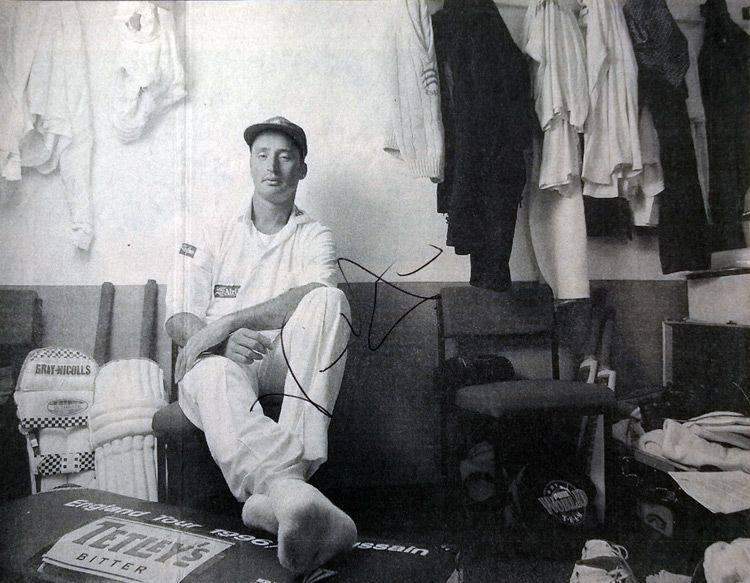
He was also one of the fittest players and has the distinction of not missing a single Test or ODI due to injury. In his own words, “It would be a shame if a player would have to sit out for a match due to injuries or fitness issues. I always felt any sportsperson’s basic mantra is to keep his fitness,” he pronounced.

Nasser still harbours a lot of love and admiration for India. He still makes it a point to visit Chennai whenever he is in India. “I still love India in general and Chennai in particular. Sambar and dosa are high on my culinary list. I also feel that Indians are a lot more satisfied than most,” he said.
